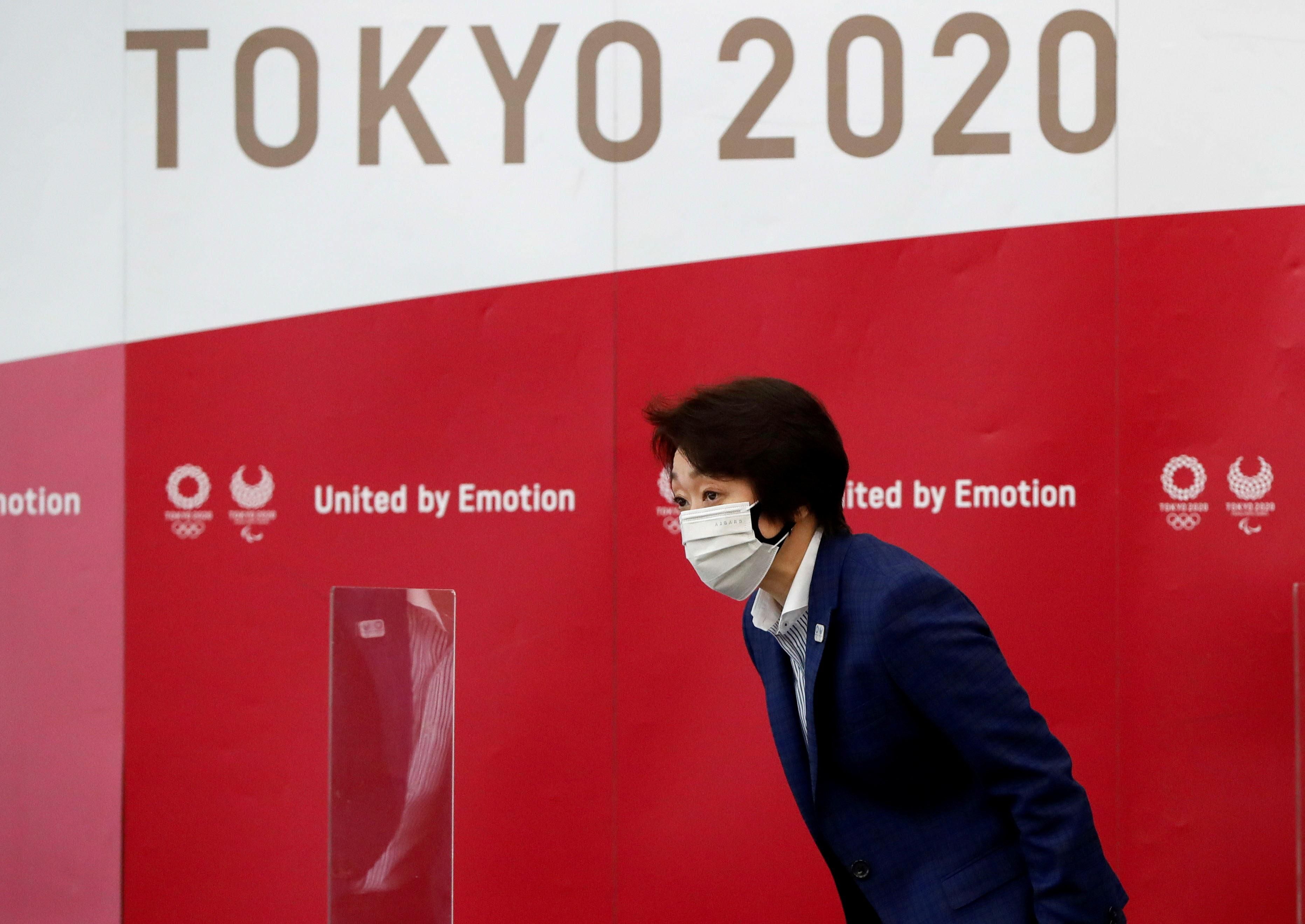News
June 21, 2021
10,000: Japan's government said Monday that up to 10,000 spectators will be allowed to attend events at the Tokyo Olympic Games, set to begin on July 23. This comes despite an earlier recommendation from a medical advisory panel that the Games should be held without crowds to avoid the spread of more contagious COVID variants. Crowds or not, some 80 percent of Japanese are opposed to the Games being held at all.
54: Armenia's incumbent Prime Minister Nikol Pashinyan won snap elections Monday, with his Civil Elections party reaping 54 percent of the vote. It's the first time that Armenians have voted since Armenia suffered defeat in a war last year with Azerbaijan over the disputed Nagorno-Karabakh region.
14,536: Indonesia is now grappling with one of the worst COVID outbreaks in the world, recording 14,536 new cases on Monday alone, the highest daily caseload in that country since the start of the pandemic. The World Health Organization said it is very concerned about the overstretched healthcare system in the world's fourth most populous country, including in the capital Jakarta, where 80 percent of hospital beds are full.
1 billion: China has now administered more than 1 billion COVID vaccine doses domestically, accounting for almost 40 percent of all shots administered globally. Though it's a massive feat, China still lags behind the US and the UK in vaccine doses administered per 100 people (single and double shots).
More For You
- YouTube
Who decides how much control a country should have over its technology? Speaking at the 2026 World Economic Forum in Davos, former UK Prime Minister Rishi Sunak discussed the balance between national sovereignty and global interdependence.
Most Popular
Think you know what's going on around the world? Here's your chance to prove it.
- YouTube
AI is advancing quickly, but access and control remain deeply uneven. As artificial intelligence becomes foundational to economies and governments, the question is no longer just who has the best technology, but who controls the systems that power it. In this GZERO Media Global Stage interview from the 2026 World Economic Forum in Davos, Tony Maciulis speaks with Talal Al Kaissi, Group Chief Global Affairs Officer at G42, about why AI has intensified debates around digital sovereignty, and what it will take to close the global AI divide.
© 2025 GZERO Media. All Rights Reserved | A Eurasia Group media company.
